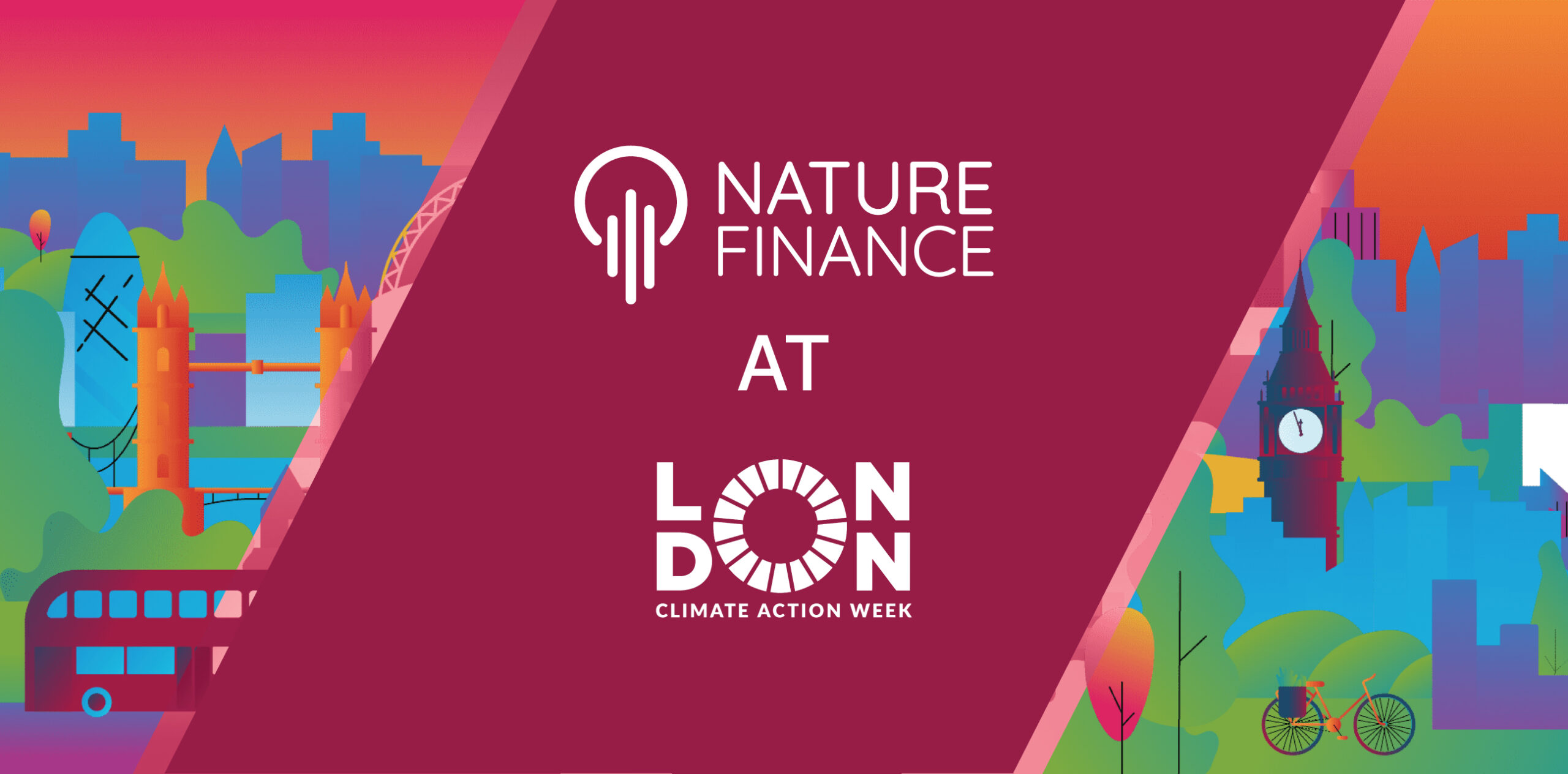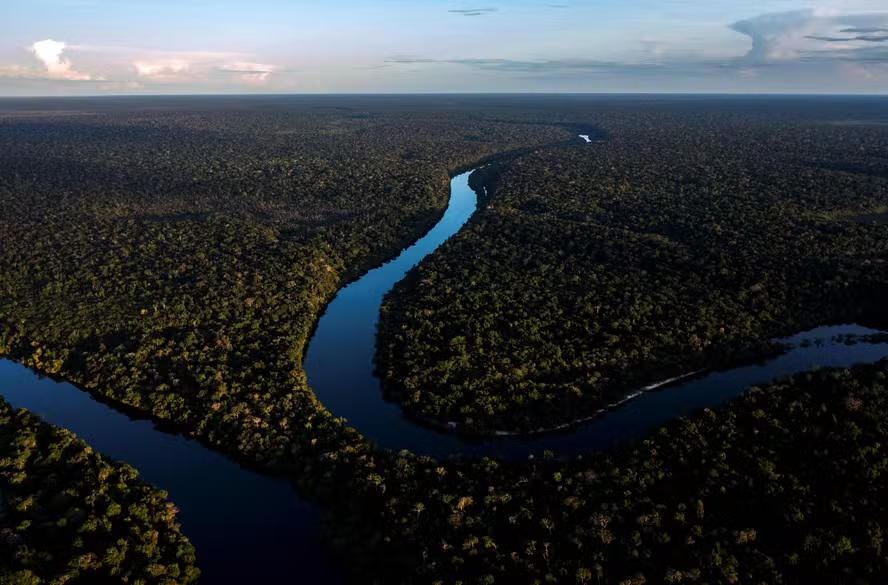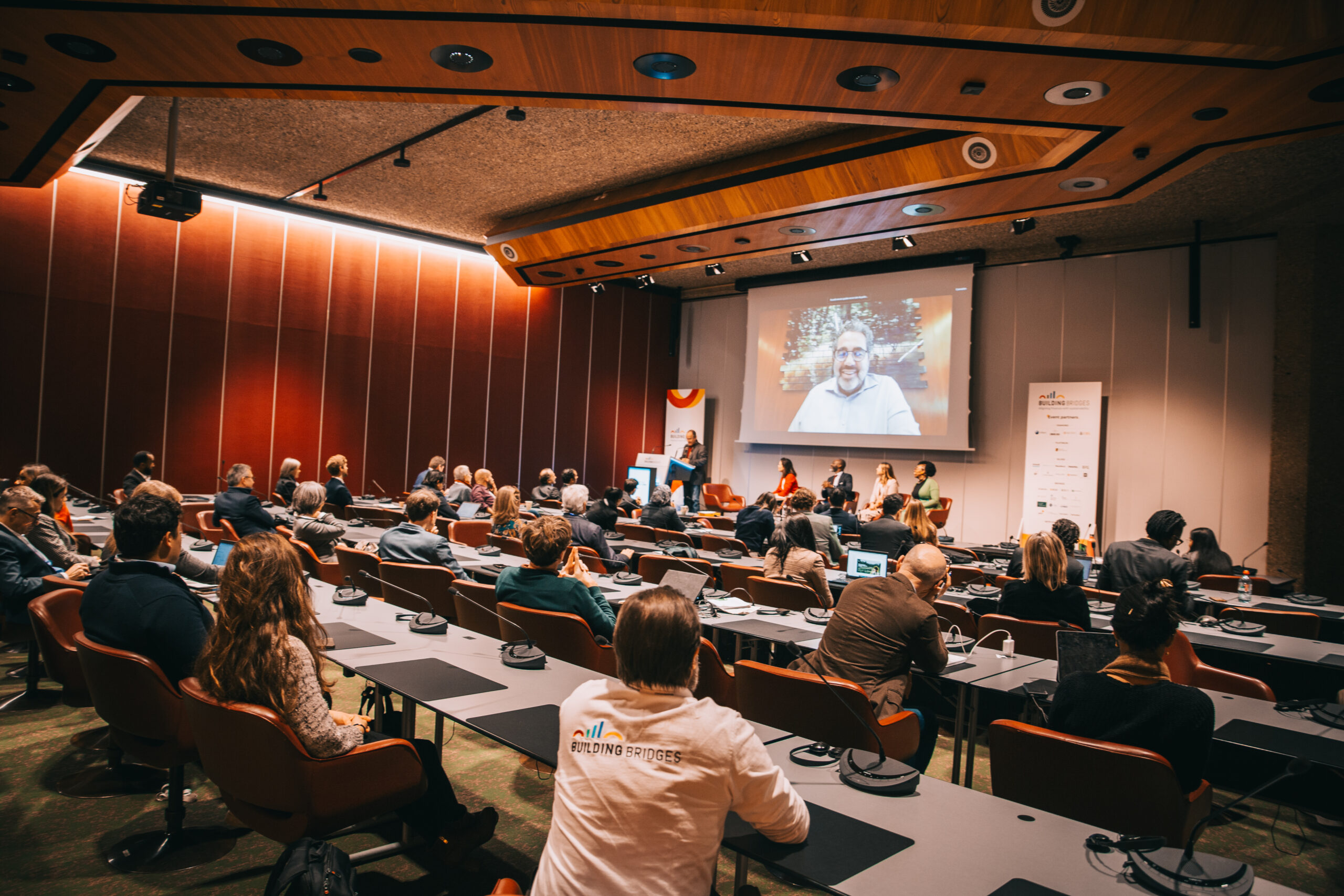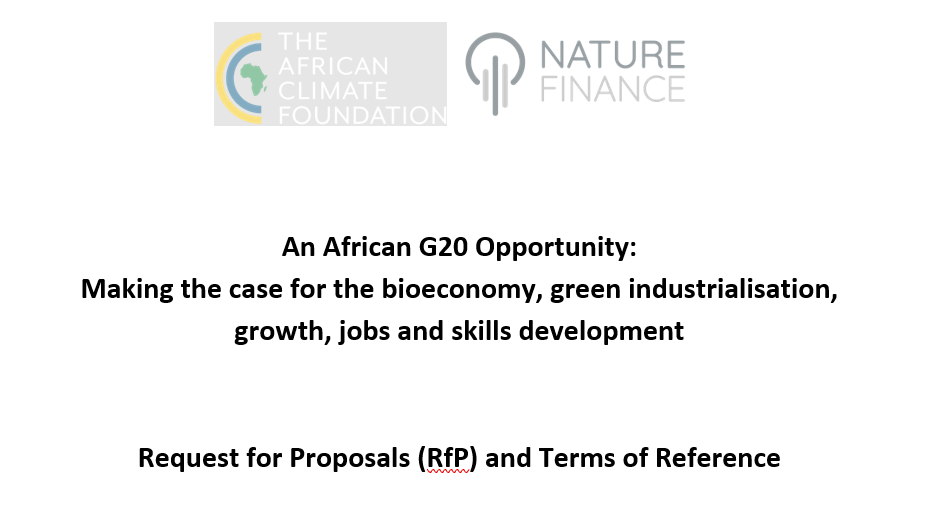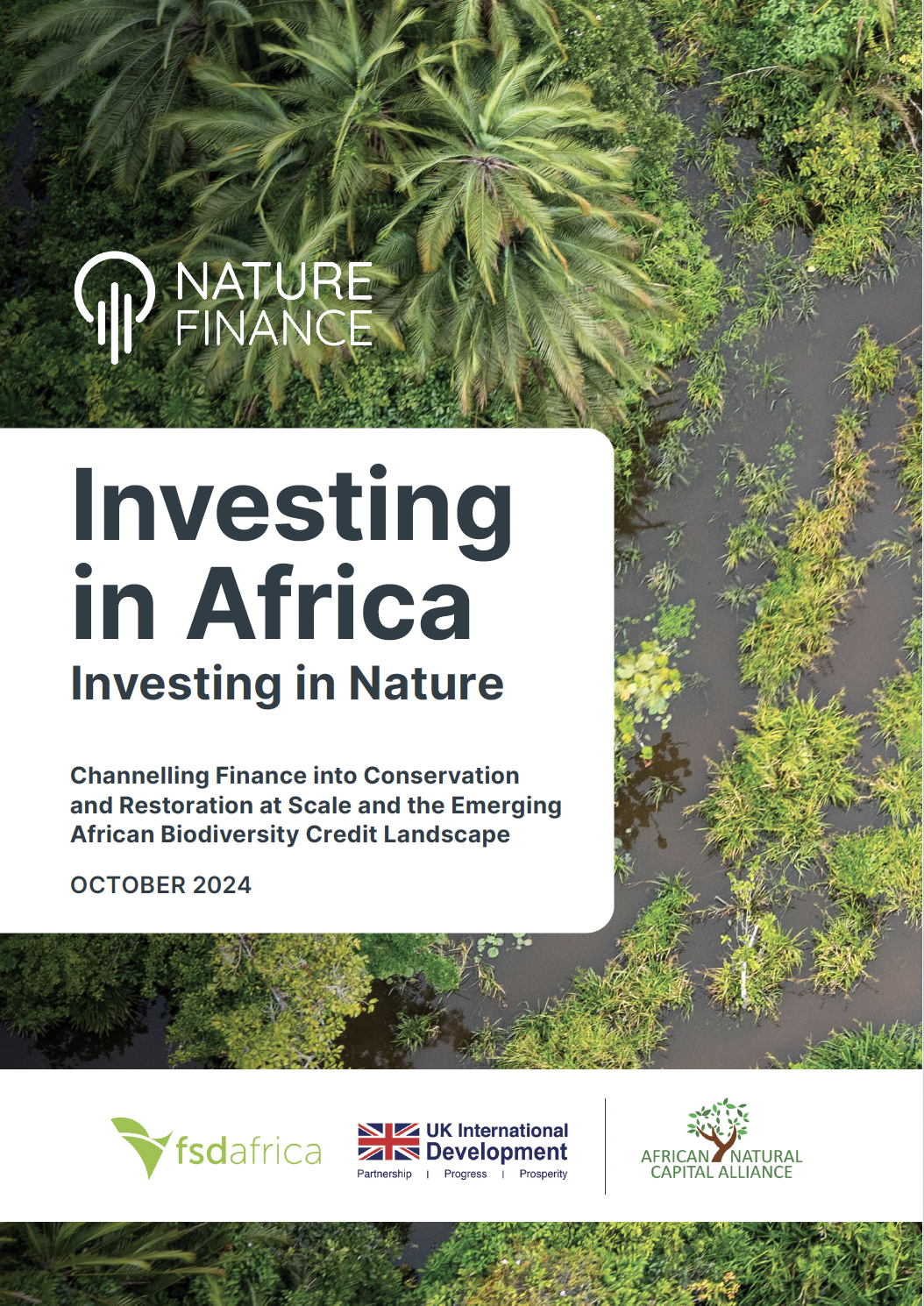Studies commissioned by NatureFinance find that nature and climate friendly agri-food policies supported by the finance sector would lead to more jobs, access to food, climate neutrality and halted nature loss by 2050.
October 19th, 2022 – The new research released by NatureFinance shows that an approach to food system transition driven exclusively by nature and climate related financial risk would drive food costs up 9% by 2050, cut 78 million jobs in the sector, make many food businesses economically unviable, and further exacerbate food security problems.
A policy-led scenario is found to deliver greater upsides to food markets and nature, with 3 million more people able to afford basic nutrition and biodiversity restored to 1995 levels by 2030; whereas the ‘financial risk-driven’ scenario reaches 1995 levels only in the 2040s.
Regarding carbon emissions, by 2050, emissions in the ‘policy-facilitated’ scenario decrease by 58% relative to 2020 levels, compared to 42% if ‘financial risk-driven’.
Both food systems and finance are increasingly impacted by risks including deforestation rates, GHG emissions from agriculture and high vulnerability to climate change and nature loss, posing non-negligible risks to agri-food chains.
“Climate and nature challenges generate the need for financial institutions to develop and implement structures to price the risks arising from them.” said Marcelo Furtado, Principal, NatureFinance.
“In the absence of effective policies to address these issues, the unilateral pricing of risks can be disastrous for a country’s food systems, potentially leading to escalated food prices, higher cost of capital, and lack of investment.”
The invasion of Ukraine has elevated food security to the top of the political agenda, with the FAO (Food and Agriculture Organization of the United Nations) reporting that global hunger rose to 828 million in 2021.
In addition to the eminent short-term crisis, the soft commodities market is bursting with unpriced nature-related externalities, largely driven by livestock production, which uses nearly 40% of global habitable land area but provides only 18% of calories.
Food system contributions are essential to the survival of the world population but food production contributes to environmental degradation. the agricultural sector, along with land use changes, accounts for nearly a quarter of global greenhouse gas emissions.
The challenge includes the possibility of missing the 1.5C Paris accord target to a 2 to 3C global temperature increase. In response to this challenge, NatureFinance has put forward precise recommendations for the adoption of climate smart agriculture, sustainable intensification and nature-based solutions (NbS) approaches, practices and techniques, such as low carbon agriculture.
To support a just food transition, recommended interventions to support vulnerable producers include blended finance schemes, improving land tenure security, promoting farmers’ associations and agricultural cooperatives, upskilling, and retraining – If carbon sequestration or biodiversity restoration offer better work opportunities than farming.
The studies also explore countries considering two options for protein production – a land-based approach with greater efficiency and sustainability, and an alternative protein approach with a diverse scope from synthetic fermentation, lab-based alternative production and vertical farming.
Alexandre Koberle, Senior Researcher at Imperial College London, who carried out one of the studies independently through the British university’s consultancy arm, Imperial Consultants said: “While both transitions can reduce emissions and reverse the degradation of nature, the policy-driven approach leads to results that are cheaper, faster and with job and income maintenance”.
Gerrit Sindermann, Deputy Executive Director of Green Digital Finance Alliance (GDFA) and
Director of Every Action Counts Coalition (EAC) said:
“With growing concern over the impact of food on climate and nature, and a growing willingness to make changes to their diets, it is essential that consumers are equipped with better information not only about the impact of their current choices but also about emerging alternatives with lower impacts. Digital platforms can effectively facilitate this process and serve as an essential part of the transition.”
Sarah Perreard, EA Senior Consultant & Stakeholder Engagement Lead said:
“Quantifying the emission reduction potential of consumer empowerment into an impact strategy for the food system has been a highlight for us at EA – Environmental Action in this project; it has shown that with the right leadership from policy makers and implementation by the retail sector, individual actions from consumers can trigger collective and systemic change and move sectors as complex as food systems towards alignment with planetary boundaries.”
The modeling has been applied to Brazil as the 4th largest food producing country in the world, a G20 economy, and going through a historical election. The Brazil focused analysis corroborates the findings of the global modeling and includes 6 agri-food policy recommendations for Brazilian presidential candidates.
The recommendations – covering sustainable agriculture, family farmers and consumers – for improving food security in Brazil and are developed to enable new investments while responding to the nature, climate and food crises. The global modelling outcomes may be also tested and replicated in other key food producing jurisdictions, such as in Africa or Southeast Asia, and will be scaled globally in future phases of work.
ENDS
Notes to Editor
SERVICE:
Webinar: Our Food Systems: Finance, Consumers & Climate-Nature Risk – the role of policy and consumer interventions
Where: NatureFinance’s Youtube channel
For more information and access to reports visit www.naturefinance.net
- Finance, Nature and Food Systems – The impact of potential financial climate-nature risk repricing on normative outcomes for food systems
- Finance, Nature and Food Systems – Opportunities for the Brazilian agri-food system
- Finance, Nature and Food Systems – Consumers choosing sustainable food systems in Brazil
About NatureFinance
NatureFinance is a Geneva-based, international not-for-profit dedicated to aligning global finance with equitable, nature positive outcomes and thereby accelerating climate goals and a just transition to sustainable development. Its work spans initiatives that are building and using biodiversity data to better manage nature related risks, developing purposeful nature markets, advancing financial innovations including in soverign debt markets, strengthening nature related liabilities and citizen action on nature.
